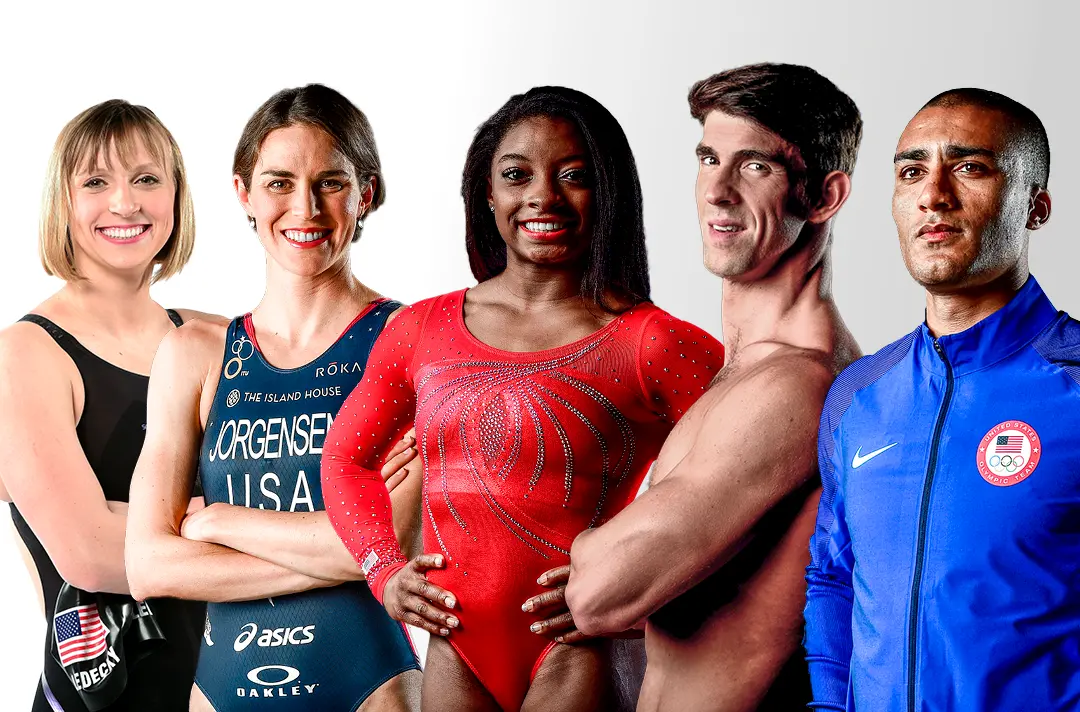When the Kansas City Royals clinched the AL pennant last Wednesday, I was immediately greeted with text messages from friends congratulating me on my long-suffering team finally breaking through.
I thanked them and gave my normally dry-humored response that I had worked very hard for my Royals to get this far.
Graciously, no one mocked me for completely blowing my ALCS preview by taking Baltimore in seven or, even more foolishly, doubling-down on the Orioles after they lost the first two at home.
Of course, in my defense, I watched them all season long and they only had two stretches when they played this well—a 10-game winning streak in mid-June and a 24–6 stretch from late July to late August.
It’s an especially tough read predicting where your favorite team is headed come postseason, unless of course Bill Self coaches your favorite college basketball team, in which case you can count on an early-round flameout.
But this is the World Series. Let’s break it down, starting with pitching.
Starting Pitching
The Royals brought in ace James Shields two offseasons ago to get them to the postseason. He’s done that. But as far as pitching in the playoffs, he’s been below average at best, posting a 5.63 ERA in three starts.
Meanwhile, starters Jason Vargas, Yordano Ventura, and Jeremy Guthrie have combined to go 1–0 with a 2.79 ERA over five starts.
The San Francisco Giants counter with a rotation headed by 25-year old ace Madison Bumgarner, who’s dominated the senior circuit with a 2–1 record and a 1.42 ERA over four starts during this postseason.
Bumgarner would likely be 3–0 had he not shot himself in the foot with his errant throw to third in Game 3 of the NLDS. Outside of him, the Giants have very capable starters in Tim Hudson, Jake Peavy, and Ryan Vogelsong, posting a 3.38 ERA in six postseason starts. Slight advantage: San Francisco
Bullpen
The back end of the Royals’ bullpen has been well-chronicled. Greg Holland, Wade Davis, and Kevin Herrera all had ERAs under 1.50 during the regular season, and they’ve been as good as advertised (all under 2.00 ERA) this postseason.
Given how much time off the team has had between games and series, the advantage has been magnified in the postseason—Ned Yost can pretty much use them every game.
As many headlines as Kansas City’s bullpen has received this October, San Francisco’s pen has been nearly as good. Between closer Santiago Casilla and relievers Jeremy Affeldt, Sergio Romo, and Javier Lopez, the foursome have allowed just one run in 19 2/3 innings. Slight advantage: Kansas City
Offense
Here’s where the Royals either shock or scare me. The offense was great against the A’s and Angels, but they were pretty lucky to score what they did against Baltimore, which had cleverly figured out a way to halt their running game by positioning first baseman Steve Pearce off the bag a few feet.
They managed enough runs to win each game, but relied on some luck to get them. Alex Gordon hit a three-run double off a broken-bat blooper down the line in Game 1. Eric Hosmer similarly had a broken-bat blooper that landed in short center field that scored two in Game 2. Finally in Game 4, the Royals scored both their runs courtesy of a second-inning error on catcher Caleb Joseph.
Meanwhile, the Giants have a balanced offense that has received timely home runs from players like Travis Ishikawa, Brandon Belt, Michael Morse, and Brandon Crawford. Mainstays like Buster Posey (.302 average, no extra-base hits) and Pablo Sandoval (.326 average, 1 RBI) have been solid, if not unspectacular.
The Royals still have averaged more runs per game here in the postseason (5.3 to 4.1), but the DH helps them out. Likely the Giants will use either Ishikawa or Morse as the DH in K.C., while the Royals will be without Billy Butler, who’s done little this postseason, in S.F. Slight advantage: Kansas City
Defense
This is where the Royals clearly shine. No one beats them in the field. The team has six Gold Glove-caliber fielders, and when they substitute Jarrod Dyson for Nori Aoki in the outfield, almost nothing drops in.
The Giants have lost two games this postseason, and one was directly due to a throwing error by Bumgarner. Posey has an above-average arm behind the plate, and he'll need it to stop the Royals from running all over them. Advantage: Kansas City
Coaching
Bruce Bochy has led the Giants to a pair of World Series titles and three NL pennants in the last five years. Meanwhile, Ned Yost’s claim to fame is sending his rookie starter into the Wild Card game as a reliever and somehow living to tell about it. Advantage: San Francisco
Prediction: Kansas City in seven





